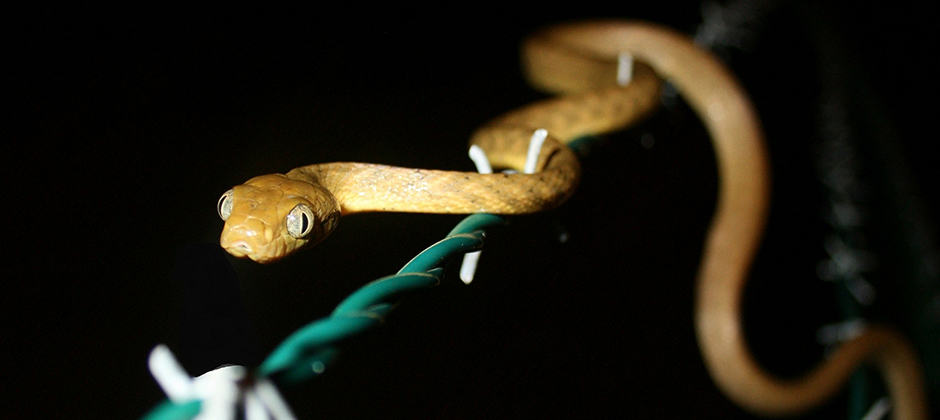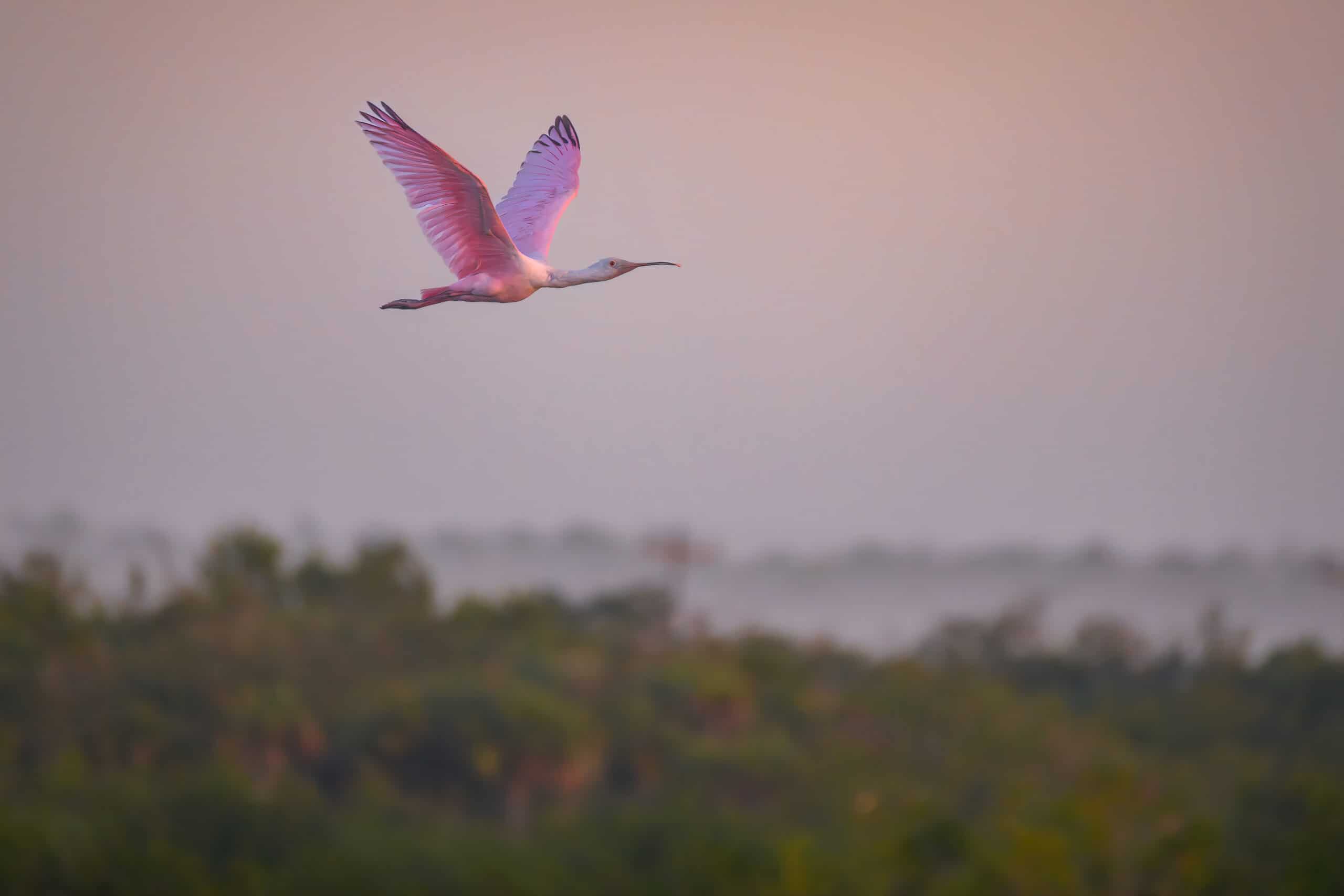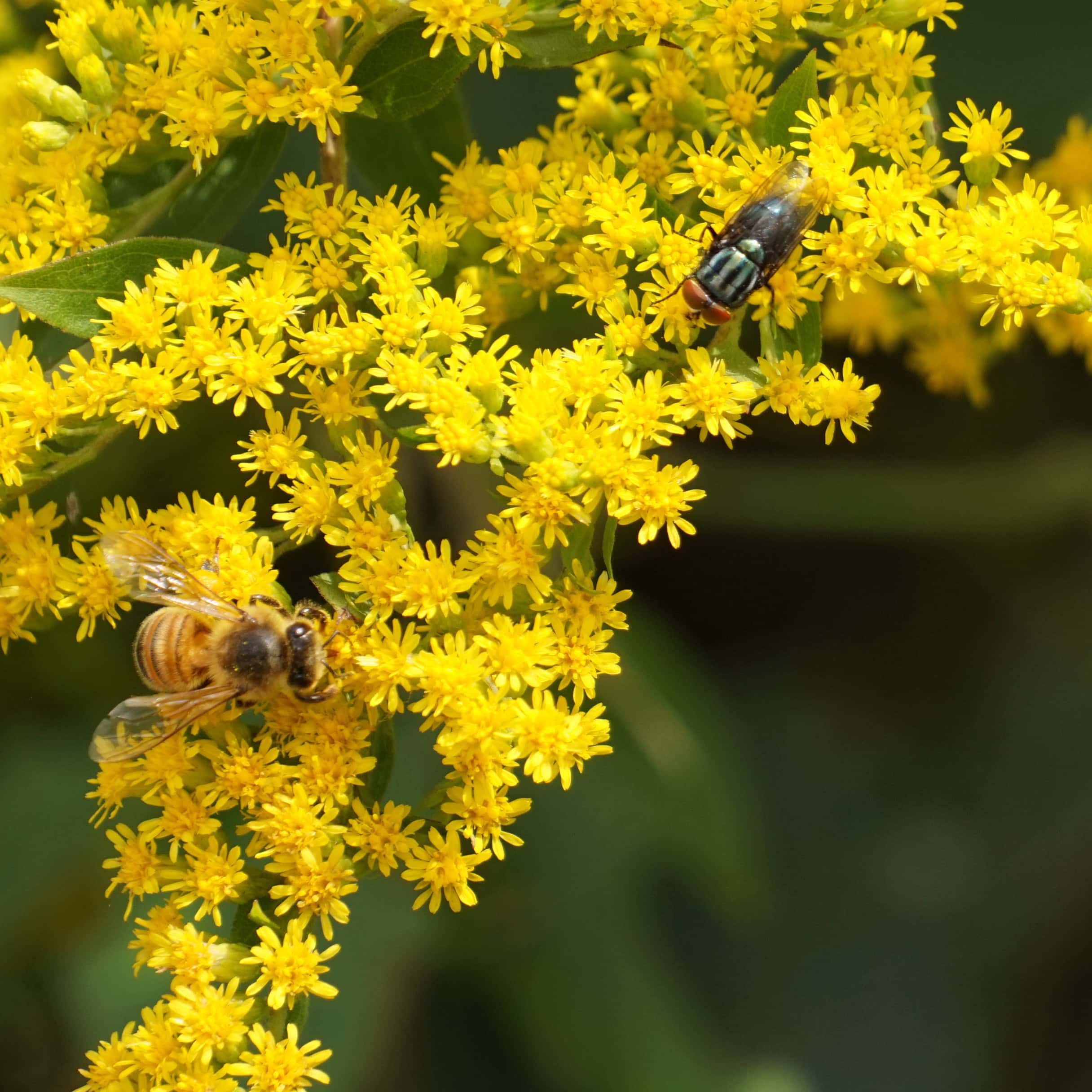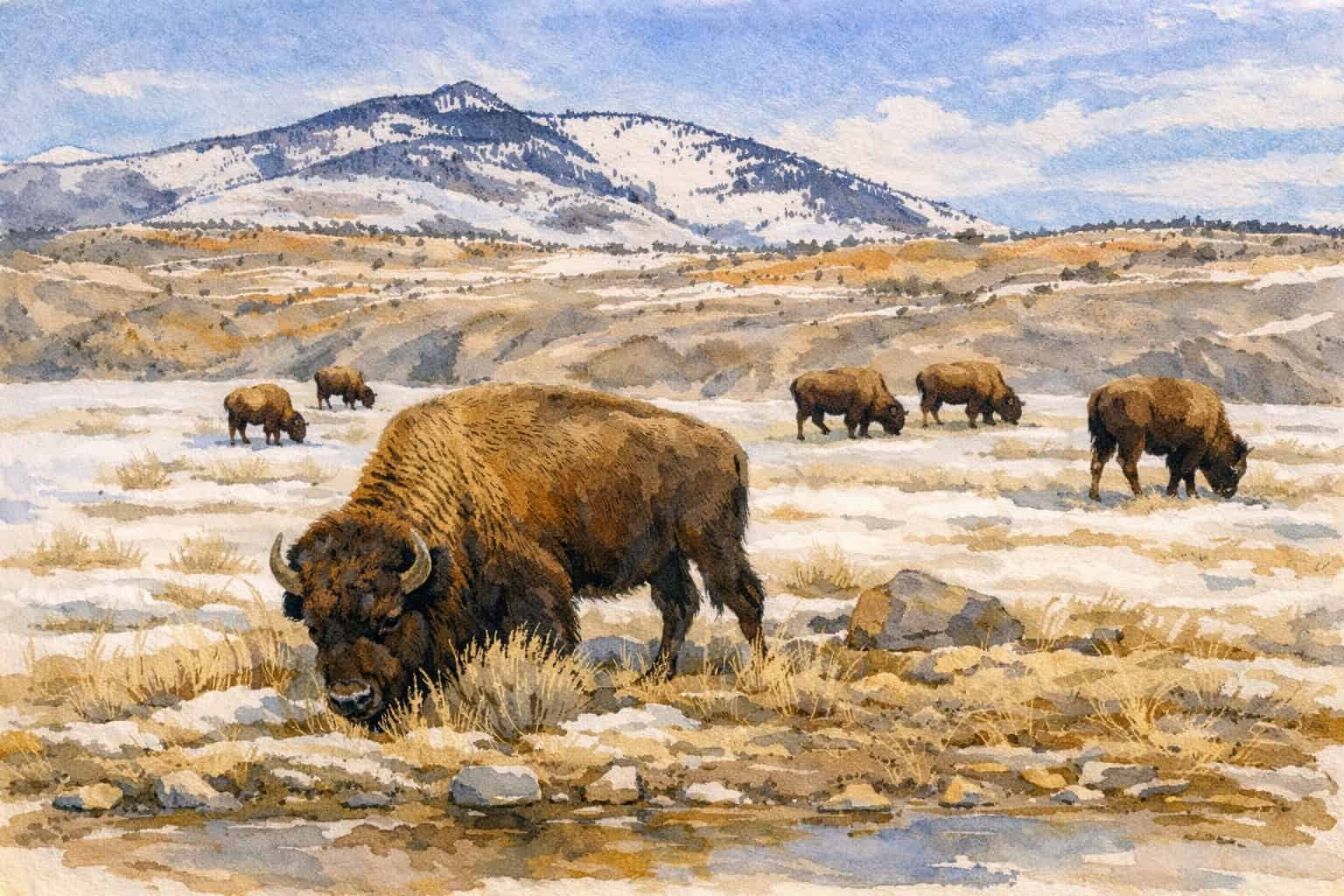Share this article
Invasives are the primary cause of global extinctions in past five centuries
Invasive species are either the culprits or the accomplice in the extinction of some 300 species across the planet, according to new research.
“It tells us that we have quite a challenge,” said Tim Blackburn, an invasion biology professor at University College London and the lead author of a study published recently in Frontiers in Ecology and the Environment. “It shows us that alien species are a major cause of extinction.”
Blackburn and his co-authors examined the International Union for the Conservation of Nature’s Red List for species that have gone extinct since 1500, including the passenger pigeon (Ectopistes migratorius), the Tasmanian tiger (Thylacinus cynocephalus), the dodo (Raphus cucullatus), and the great auk (Pinguinus impennis). They also looked at the reasons the IUCN listed for the species’ demises.
The team discovered that since the 1500s, 953 listed species had gone extinct. Around 300 of those disappeared at least in part due to pressure from alien species, including 261 animal species and 39 plant species. This was the primary driver for extinction among these species — a surprise to the researchers, who had assumed habitat destruction would be the main cause for species extinctions in the world. Furthermore, 42 percent of the 300 species that disappeared was due solely to pressure from alien species.
“Alien species are more than 12 times as likely to be listed as cause of extinction than native species,” Blackburn said.
According to their analysis, island species were particularly vulnerable to invasives. In Hawaii, alien species like cats had a hand in causing extinction in an entire genus of ʻōʻō birds, including the Hawaii ʻōʻō and the Kauai ʻōʻō, while brown tree snakes (Boiga irregularis) have caused the extirpation of a number of the native birds on Guam as well as the extinction of the Guam flycatcher (Myiagra freycineti).
With perhaps 400 to 500 new alien species populations turning up around the world every year, Blackburn said, the problem may become even worse in the future. In an effort to deal with this issue, he called for heightened biosecurity measures to protect native ecosystems from stowaway species on container ships, airplanes and other means.
“In a lot of cases we don’t know what the impacts of those species are going to be,” he said.
Header Image: The invasive brown tree snake, pictured here, has caused extirpation of a number of species in Guam and the extinction of the Guam flycatcher. ©USDA








